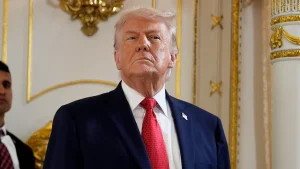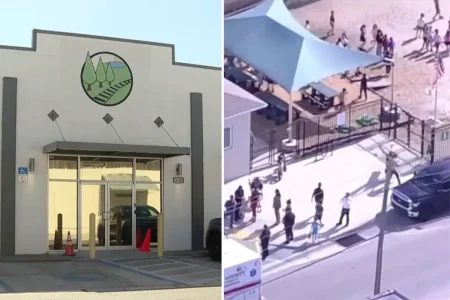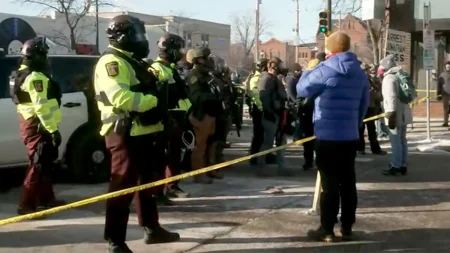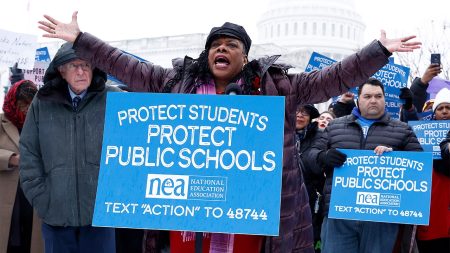A Nation’s Wounds: 10 Years After the Paris Terror Attacks That Changed France Forever
The Night That Shattered France’s Peace: Remembering November 13, 2015
The warm autumn evening had begun like countless others in Paris. Cafés bustled with Friday night crowds, the Stade de France hummed with excitement ahead of a friendly soccer match between France and Germany, and fans filed into the Bataclan concert hall to see American rock band Eagles of Death Metal. Yet what unfolded over the next few hours would forever alter the fabric of French society. Ten years ago, on November 13, 2015, coordinated Islamic State militants launched a series of devastating attacks across Paris that claimed 130 lives and left hundreds more wounded—physically and psychologically scarred in ways that continue to reverberate today.
The attacks began shortly after 9:20 p.m. when the first explosion erupted outside the Stade de France, followed by mass shootings at several restaurant terraces and the horrific siege at the Bataclan, where 90 concertgoers lost their lives. The systematic brutality shocked not just France but the world, marking the deadliest attack on French soil since World War II. “It wasn’t just an attack on Paris or on France,” says terrorism expert Jean-Charles Brisard, who heads the Center for the Analysis of Terrorism. “It was an assault on a way of life—on music, on sport, on dining with friends—on the very essence of what it means to live freely in a democratic society.” In the immediate aftermath, then-President François Hollande declared a state of emergency, French fighter jets bombed Islamic State targets in Syria, and the nation entered a period of collective mourning that seemed to temporarily unify a politically divided country.
Living With Invisible Wounds: Survivors’ Ongoing Struggle for Normalcy
A decade later, for many survivors, November 13 isn’t a distant memory but a continuing reality. “People often ask if I’ve ‘moved on,’ but that implies there’s a finish line,” explains Sophie Desvaux, 38, who survived the Bataclan attack by hiding in a storage closet for over two hours. “The truth is, the attacks reshape you. I’m not the same person I was before, and I never will be.” Desvaux, like many survivors, still battles post-traumatic stress disorder, manifesting in hypervigilance, nightmares, and panic attacks triggered by loud noises or crowded spaces. The French healthcare system has provided specialized psychological support for victims, but many report that their needs extend beyond what traditional therapy alone can address.
The 2021 trial of the attack perpetrators—the largest criminal proceeding in modern French history—provided some survivors with a measure of closure but reopened wounds for others. The nine-month trial concluded with life sentences for key defendants, including Salah Abdeslam, the sole surviving member of the attack teams. For Arthur Dénouveaux, who founded the victims’ association Life for Paris after surviving the Bataclan attack, the trial represented a crucial step toward collective healing. “It wasn’t just about punishment,” he reflects. “It was about understanding—about creating a historical record and acknowledging what happened to us as individuals and as a nation.” Yet the lengthy testimonies also forced many survivors to relive their trauma in excruciating detail, highlighting the complex and often contradictory nature of recovery from mass violence.
From Solidarity to Division: How the Attacks Transformed French Politics
While the immediate aftermath of the attacks produced a remarkable display of national unity—with the slogan “Je Suis Paris” echoing the solidarity shown after the Charlie Hebdo attacks earlier that year—this cohesion proved fleeting. Political scientist Dominique Moïsi of the Institut Montaigne notes that “the 2015 attacks accelerated existing tensions in French society, particularly around questions of immigration, security, and national identity.” The state of emergency declared after the attacks remained in place for nearly two years, the longest in French history since the Algerian War, and many of its provisions were eventually incorporated into permanent law—a development that civil liberties organizations have criticized as normalizing exceptional powers.
The political aftershocks have been equally significant. The rise of right-wing and far-right parties, increasing polarization on issues of security and immigration, and fundamental questions about the compatibility of French secularism with religious expression have all been amplified in the decade since the attacks. Marine Le Pen’s National Rally party has made significant electoral gains, while President Emmanuel Macron has toughened his stance on Islamism and separatism. “The 2015 attacks didn’t create these tensions,” explains political analyst Cécile Alduy, “but they certainly catalyzed them and accelerated political realignments that might otherwise have taken decades to unfold.” Recent legislation aimed at combating “Islamist separatism” and reinforcing France’s strict interpretation of secularism (laïcité) can be traced, at least in part, to the societal trauma inflicted by the 2015 attacks.
A Fading Memory? How Younger Generations Perceive the Attacks
For many French citizens—particularly those who were children or not yet born in 2015—the attacks increasingly belong to history rather than lived experience. In French schools, the events are now included in history curricula, taught alongside other significant moments in the nation’s past. “When I teach about November 13 to my students, most of whom were very young when it happened, I notice a certain emotional distance,” says Lydia Berthier, a history teacher at a lycée in suburban Paris. “They understand the facts, but they don’t carry the visceral memory of that night that those of us who lived through it as adults do.”
This generational divide raises important questions about collective memory and how societies transmit the emotional weight of traumatic events to those who didn’t experience them directly. Efforts to create memorials have been complex and sometimes controversial. In 2021, a permanent memorial was finally unveiled at Place Saint-Gervais, featuring the names of all 130 victims, but debates continue about how best to commemorate the attacks without either sensationalizing the violence or reducing the victims to anonymized statistics. “We’re still figuring out how to make this part of our national story,” observes historian Pierre Nora, known for his work on collective memory. “How do we ensure these events are remembered with the gravity they deserve while also allowing the country to heal and move forward? It’s a delicate balance.”
Resilience and Vigilance: Living in the Shadow of Terrorism
As France marks this somber anniversary, the country continues to navigate what it means to live with the threat of terrorism while preserving the values of liberty and openness that define French identity. Security measures have become more sophisticated and less visible over time, but the vigilance remains. The ubiquitous “Vigipirate” anti-terrorism system, with its color-coded threat levels, has become a permanent feature of French life. Armed soldiers still patrol major tourist sites and transportation hubs, though their presence has become so normalized that many residents barely notice them anymore.
Yet amid this heightened security posture, there are powerful signs of resilience. The Bataclan reopened a year after the attacks with a concert by Sting. The cafés and restaurants targeted have all resumed business, many becoming informal sites of remembrance. “After the attacks, there was this beautiful defiance in simply going back to café terraces,” says sociologist Gérôme Truc, who has studied the social impact of terrorism. “It wasn’t just about consumption—it was a statement about refusing to surrender public space to fear.” This determination to preserve the French way of life, to continue gathering in public spaces despite the risks, reflects what philosopher Bernard-Henri Lévy called “the French art of living” in his reflections on the attacks’ aftermath. As France looks back on a decade since that fateful November night, the country continues to grapple with the complex legacy of the attacks—balancing remembrance with resilience, vigilance with openness, and the painful lessons of the past with hope for a future where such violence becomes truly unimaginable.










